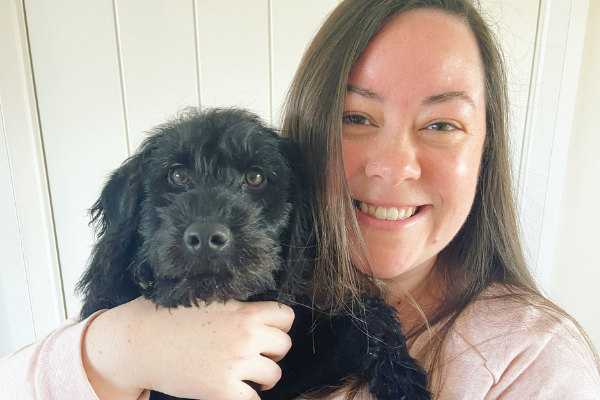Writing a fictional character requires a seemingly paradoxical approach on the part of the author—both getting into the head of someone else, while drawing on your own experiences. But, as our YA author and Novel Writing Competition Guest Judge Laura Wood points out, these are actually both simply different ways of defining empathy. “Place yourself in someone else’s shoes by imagining how they might be feeling, how YOU might feel in a situation,” she advises.
Read on to learn more about Laura, including her novel writing process, why she’s drawn to writing historical fiction, and what she’s looking for in a winning entry!

You are a prize-winning YA and middle-grade author. Did you always want to be a novelist?
I always loved writing but as a child I didn’t know anyone who was a novelist. I thought authors were other people, people from big cities, people who grew up around novelists. It didn’t really occur to me that I could do this as a job, that actually novelists are very ordinary!
You’ve written numerous books, including several series. How has your writing process changed over time, from your first novel to now?
I don’t think it has changed very much really. I tend to write an outline first—one with as much detail as I can manage, and then I write a first draft very quickly before going through three or four edits with my editor and my agent. It actually always feels reliably the same … there’s always a point where it’s like walking through quicksand before it starts to get a bit easier!
Many of your books are set in the 1920s and ’30s. What draws you to this time period?
I think there’s a lot of stuff about this period that I’m drawn to—I love the clothes and the music and the Bright Young Things. I also think it’s interesting because while we think of this period as being ‘inter-war,’ the characters in the story have no sense of that. They don’t know what’s coming but we do and I feel like that gives the period a sense of fragility that is interesting for a writer.
Novel writing often requires writers to explore different perspectives, while at the same time drawing on their own experiences. What does this look like in practice? What tips do you have for young writers in achieving this balancing act?
I suppose this is a question about empathy. Trying to place yourself in someone else’s shoes by imagining how they might be feeling, how YOU might feel in a situation. There are universal emotions that we all know—fear, sadness, joy etc. You may not have been in the precise situation of your character but you will probably have felt the emotion they are experiencing so you can use that as a starting point.
We’re asking young writers to submit a 600-1,000 word excerpt from their novel. What are you looking for in a winning excerpt, and how can young writers go about choosing which part of their novel to submit?
I’ll be looking for a strong voice, one that gives a clear sense of character, and a nice idea of the narrative—a feeling that the story is heading somewhere interesting or exciting. You should send whichever bit you feel most pleased with. Good luck!





